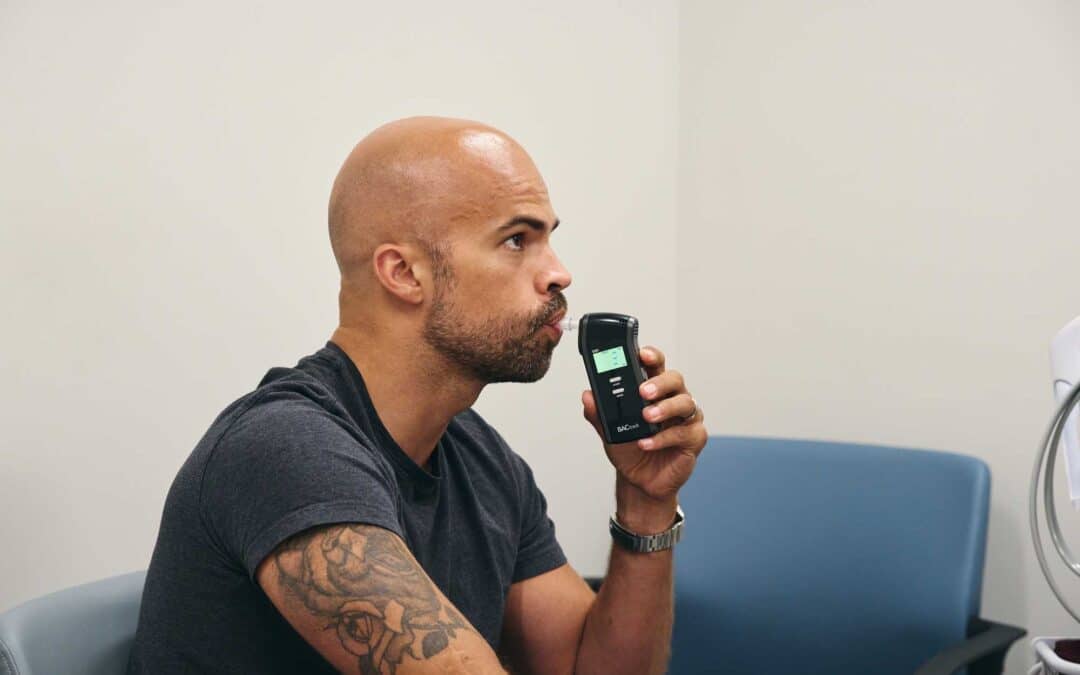“Muscle Pain During Alcohol Detox” is a common and often challenging symptom faced by individuals undergoing the journey to sobriety. When embarking on alcohol detoxification, the body begins an intensive process of readjusting to function without alcohol, which can lead to a variety of withdrawal symptoms, muscle pain being among the most prevalent. This blog aims to provide a comprehensive understanding of muscle pain during this critical phase, offering insights and support to those determined to overcome alcohol dependency.
As the first step towards a sober life, alcohol detox is pivotal yet fraught with physical and emotional hurdles. Recognizing and addressing the symptoms associated with detox, particularly muscle pain, is essential for a safer and more tolerable recovery process. By delving into the nuances of muscle pain during alcohol detox, this post seeks to equip individuals and their support networks with the knowledge and strategies needed to navigate these challenges effectively.
Why Do My Muscles Hurt When I Stop Drinking?
Detoxification is a process that helps you to rid a substance from your body. When you are addicted, your body becomes interdependent with alcohol. Depending on your addiction’s complexity, it can cause you serious harm to cease drinking. Dangerous health conditions or even death can occur if you attempt to detox on your own. However, removing alcohol from your body is a vital step in your recovery. Alcohol withdrawal symptoms can appear within the same day after your last drink and typically take between 1-3 days for a mild drinker to about a week with heavy drinkers. Occasionally, persistent symptoms may occur for a month or more. Some common symptoms of withdrawal include the following:
- Shivering or sweating
- Fatigue and exhaustion
- Muscle pain
- Headaches
- Restlessness
- Vivid dreams
- Diarrhea
- Flu-like symptoms
- Nausea and vomiting
- Heart palpitations
- Delirium Tremens or DTs
As you can see, these symptoms may make it difficult, if not impossible, to handle the alcohol detox timeline on your own. But you do not have to do this alone. Liberty Health Services offers a safe place for you to get through your physical symptoms of addiction so you can move on with recovery. When you visit our facility, professionals will monitor your physical state to help you best get through detox. After that, you can begin to address underlying causes of your drinking, such as mental health concerns or negative coping mechanisms.
Continuing from where we left off, let’s delve into the specific challenges and details associated with muscle pain during alcohol detox, followed by the introduction of natural remedies to address this discomfort.
How a Medical Detox can Help with Muscle Pain During Alcohol Withdrawal
Alcohol detoxification is a significant and sometimes perilous step toward recovery, and it should never be undertaken alone. The importance of medical supervision during this process cannot be overstated. Professional healthcare providers can offer comprehensive support, monitor the patient’s progress, manage withdrawal symptoms effectively, and address any complications that may arise.
Detoxing under medical supervision ensures that the individual has access to medications that can alleviate severe symptoms, including muscle pain. Medical professionals can also provide or recommend nutritional support and hydration, essential components of a successful detox. Moreover, they can offer guidance and resources for the psychological aspects of recovery, addressing the mental and emotional challenges that accompany physical detoxification.
In a medically supervised setting, the risk of relapse is significantly reduced. Healthcare providers can offer immediate intervention and support, helping individuals navigate the cravings and emotional turmoil that often accompany detox. This level of care is crucial for laying a solid foundation for long-term recovery and sobriety.
Muscle Pain in Alcohol Withdrawal
Muscle pain during alcohol detox is not just a common symptom; it is a direct reflection of the body’s dependence on alcohol and its struggle to adapt to a new normal without it. This section explores the intricacies of muscle pain experienced during this period, providing a clearer understanding for individuals and caregivers alike.
When a person stops consuming alcohol after a period of heavy use, the body, which had adjusted to the depressant effects of alcohol, suddenly finds itself in a state of heightened neurological activity. This adjustment can lead to a variety of physical symptoms, including muscle pain. The discomfort can range from mild aches to severe cramps, significantly affecting the individual’s quality of life during detox.
The mechanisms behind muscle pain in alcohol withdrawal are multifaceted. Alcohol’s impact on the body extends to the nervous system, muscle tissue, and even cellular metabolism. Withdrawal can exacerbate pre-existing conditions such as alcoholic myopathy, a condition characterized by muscle weakness and pain due to alcohol’s toxic effects on muscle fibers. Furthermore, the abrupt cessation of alcohol can lead to an inflammatory response, contributing to muscle discomfort and pain.
Natural Remedies for Muscle Pain During Alcohol Detox
While medical supervision is paramount during alcohol detox, incorporating natural remedies can provide additional relief from muscle pain. Here are some holistic approaches that may complement medical treatments:
- Hydration: Alcohol is a diuretic, and its consumption can lead to dehydration, exacerbating muscle pain. Drinking ample water can help flush out toxins and support muscle function.
- Balanced Diet: A nutritious diet rich in vitamins and minerals can aid in the recovery of muscle tissue and overall health. Foods high in potassium and magnesium, such as bananas and leafy greens, can help reduce muscle cramps and pain.
- Gentle Exercise: While strenuous activity is not recommended during the initial stages of detox, gentle stretching or yoga can help alleviate muscle tension and improve circulation.
- Warm Baths: Soaking in a warm bath can help relax muscles and relieve pain. Adding Epsom salts, rich in magnesium, can further reduce muscle soreness.
- Herbal Supplements: Certain herbs like ginger and turmeric are known for their anti-inflammatory properties and may help reduce muscle pain. However, it’s important to consult with a healthcare provider before adding any supplements to your regimen, particularly during detox.
Incorporating these natural remedies can provide some relief from muscle pain during alcohol detox. However, it’s crucial to remember that these methods should complement, not replace, professional medical advice and supervision.
Choose Liberty Health Services for Alcohol Addiction Detox
Facing alcohol detox and addiction recovery can be a daunting process. As you can see, the alcohol detox timeline can be an ever-shifting goalpost if you do not have the right support. But you can take solace in knowing that you have assistance when you reach out to Liberty Health Services for help. Our addiction treatment center offers high-quality, flexible treatment options to help you heal. We understand that every individual struggling with addiction has unique recovery needs, and we will work with you to create a truly personalized alcohol detox and recovery plan. You can contact us today via our secure online form or give us a call 855.959.4521 to discuss individualized treatment options.


